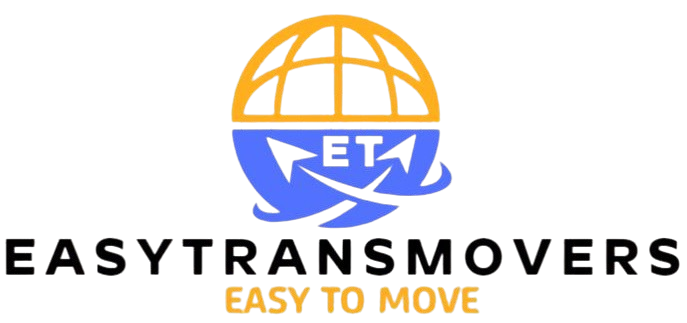Transport Services
Transport services are a critical component of logistics and supply chain management, focusing on the movement of goods and people from one location to another. Here are some key types of transport services and their features:
Types of Transport Services:
- Road Transport:
- Trucking: Involves the use of trucks to transport goods over various distances. This can include long-haul trucking, regional deliveries, and last-mile delivery.
- Courier Services: Provide rapid delivery for small packages and documents, often within a local area or between cities.
- Rail Transport:
- Freight Trains: Transport bulk goods, including raw materials, manufactured products, and containers. Rail is often used for long-distance and heavy cargo.
- Intermodal Services: Combine rail with other modes (e.g., truck) to improve efficiency and reduce costs for transporting goods over long distances.
- Air Transport:
- Cargo Airlines: Specialized airlines that transport goods across domestic and international routes. Ideal for high-value, time-sensitive, or perishable items.
- Express Delivery: Services that offer rapid shipping, often with guaranteed delivery times and tracking.
- Sea Transport:
- Container Shipping: Involves large vessels carrying containers loaded with goods. Suitable for international trade and bulk shipments.
- Bulk Shipping: Focuses on transporting large quantities of uncontainerized cargo like oil, grain, and minerals.
- Pipeline Transport:
- Pipeline Systems: Used for transporting liquids and gases over long distances. Commonly used for oil, natural gas, and other fluid materials.
- Public Transport:
- Bus Services: Provide scheduled transport within cities and between towns or regions.
- Rail Services: Include passenger trains and metro/subway systems for urban and regional travel.
Features and Considerations:
- Cost: Different modes of transport vary in cost, influenced by factors like distance, cargo type, and urgency.
- Speed: Air transport is typically the fastest, while sea transport is slower but cost-effective for large shipments.
- Capacity: Rail and sea transport can handle large volumes of cargo, whereas air and road transport are better suited for smaller quantities or urgent deliveries.
- Flexibility: Road transport offers door-to-door service and can access more locations directly compared to rail or sea transport.
- Reliability: Factors like weather, infrastructure, and service provider can affect the reliability of transport services.
- Safety: Ensuring the safety of goods in transit involves proper handling, secure packaging, and adherence to regulations.
Each mode of transport has its strengths and is often used in combination with others to optimize logistics operations and meet specific needs.

